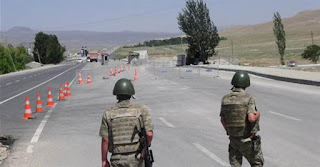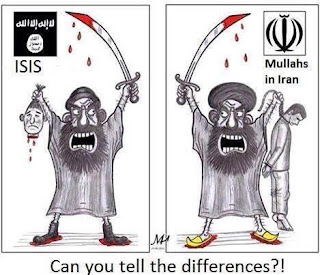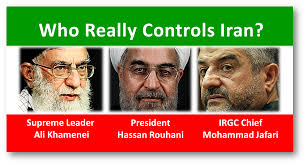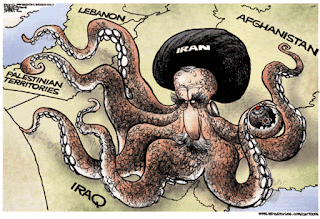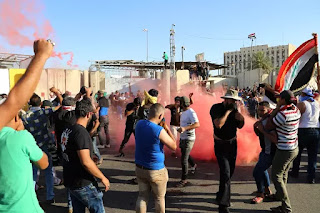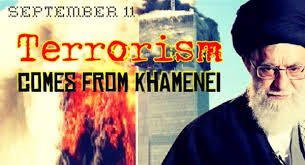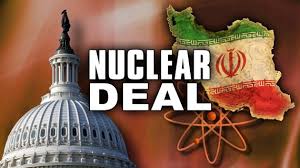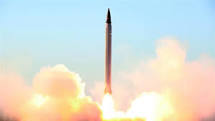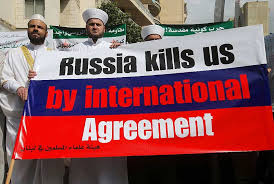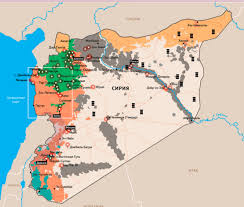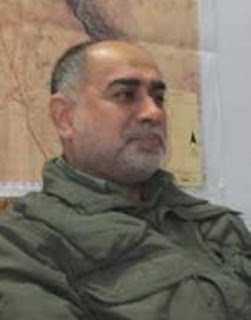July 2016
In the news and reports I have read from Yemen
there has not been a reference to the scope of the meddling by Iran’s
Revolutionary Guards Quds Force in this country. In this article I would like
to assess the dimensions of the Quds Force’s meddling according to the news
received from inside the Iranian regime.

